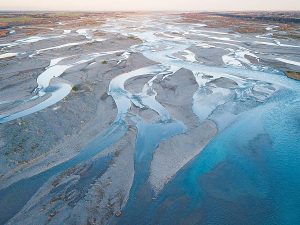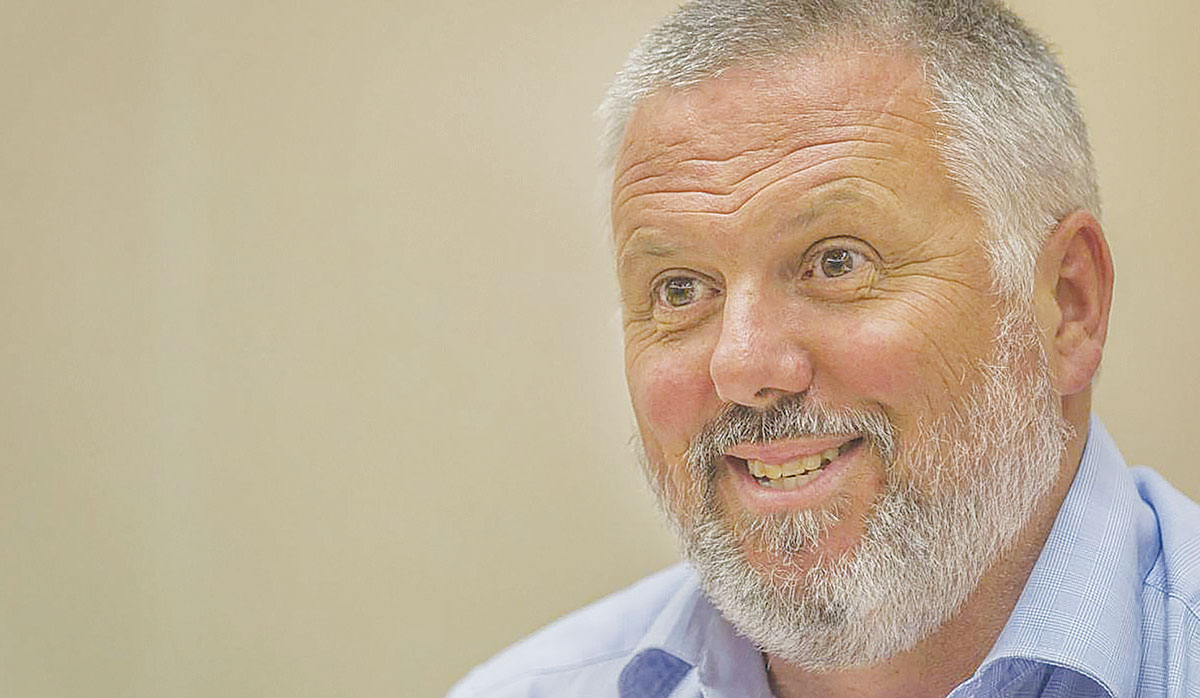Environment Canterbury urges buyers to check wastewater systems on rural properties
Buying or building a rural or semi-rural property? Make sure you know where the wastewater goes, says Environment Canterbury.
 Environment Canterbury says it has always acknowledged the extent of the water quality challenge in its waterways.
Environment Canterbury says it has always acknowledged the extent of the water quality challenge in its waterways.
Environment Canterbury (EC) is rejecting Greenpeace's latest claims on nitrate leaching impacting the region's water supply.
EC says it has always acknowledged the extent of the water quality challenges in its waterways.
Science director Dr Tim Davie says it is Environment Canterbury science that has recognised the scale of the problem, which has led to significant investment from the regional council and the community to improve the situation.
He says there's no simple, quick fix solution.
"We have called on a vast range of scientific expertise to help us navigate the issue. All this work has been captured in the Canterbury Land and Water Regional Plan to which the whole community has contributed and is continuing to implement.
"This is a long-term plan that is gradually turning a very large ship around," Dr Davie said.
Greenpeace claims that research conducted by dairy industry critic Dr Mike Joy found that up to 96% reductions of nutrient leaching are needed to reduce elevated groundwater nitrate concentrations.
"Unless this environmental deregulation is reversed and current dairy farming significantly reduced and/or replaced by low-nitrate emission non-pasture grazed systems, dairy farming on the Canterbury Plains will remain unsustainable and seriously damaging to the local freshwater environment, including local drinking water sources," the research claims.
"This degradation could continue to pose a significant human health risk and threat to our global markets for dairy products."
But Davie says it is ironic that the latest Greenpeace salvo against the Canterbury community stems from a research paper that relies heavily on Environment Canterbury scientific publications for its technical analysis.
 |
|---|
|
EC science director Dr Tim Davie. |
"Those Environmental Canterbury publications clearly point to the scale of the water-quality problem and the amount of remediation."
EC chief executive Dr Stefanie Rixecker said $60 million in ratepayer money had been invested over the last decade in a framework to improve water quality throughout Canterbury.
"Limits on the amount of nitrogen farms can leach have been in place since 2012," Rixecker says.
"With the input of our water zone committees and local communities, these limits have been tightened further in particular catchments - for example, a 30% reduction in nitrogen losses from dairy farms in Selwyn Te Waihora by 2022.
"Farmers are required to work to industry-agreed good management practices and to have auditable farm environment plans. We work closely with the rural community and carried out a successful land use consent to farm campaign to ensure farmers understand and can implement these requirements.
"As well as regulatory measures, there are many non-regulatory actions that farmers are taking to make a difference to the environment such as stock management, precision irrigation, riparian planting, and restoration of wetlands.
"We often hear that nothing is being done. This is insulting to the many people in our communities, farmers and others, who are working hard to improve things," Rixecker said.
EC chair Jenny Hughey says that over the last three years council had successfully built on the water quality improvement platform.
"We are working with farmers to help them understand and adhere to the rules in our own plans as well as the regulations in the Government's Essential Freshwater package," she said.
"Farmers who are actively working to reduce nutrient losses will be well positioned as we move towards implementing Te Mana o te Wai through an integrated plan for Canterbury."
Fonterra’s impending exit from the Australian dairy industry is a major event but the story doesn’t change too much for farmers.
Expect greater collaboration between Massey University’s school of Agriculture and Environment and Ireland’s leading agriculture university, the University College of Dublin (UCD), in the future.
A partnership between Torere Macadamias Ltd and the Riddet Institute aims to unlock value from macadamia nuts while growing the next generation of Māori agribusiness researchers.
A new partnership between Dairy Women’s Network (DWN) and NZAgbiz aims to make evidence-based calf rearing practices accessible to all farm teams.
Despite some trying circumstances recently, the cherry season looks set to emerge on top of things.
Changed logos on shirts otherwise it will be business as usual when Fonterra’s consumer and related businesses are expected to change hands next month.